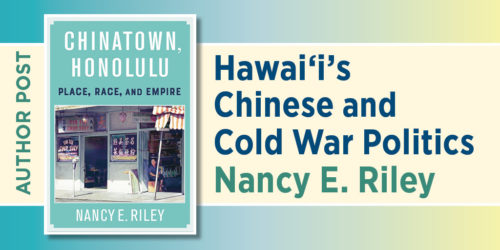Santiago Zabala on the Dangers of Analytic Philosophy
“Being is challenged in the university today by the hegemony of analytic philosophy.”—Santiago Zabala
Santiago Zabala, most recently the co-author, with Gianni Vattimo, of Hermeneutic Communism, recently published an article in Purlieu entitled Being in the University: Philosophical Education or Legitimations of Analytic Philosophy?. In the essay, Zabala discusses the emphasis on analytic philosophy in U.S. universities and its implications for philosophy and philosophy education. Zabala argues that philosophy has been compromised and that analytic philosophy has privileged clarity, results, and a scientific method. What is lost in this approach is the study of larger issues, including “the meaning of life after death, the value of democracy, or the ethical consequence of science, all of which request deep historical research and ontological perspectives.”
Zabala opens the essay writing,
Being is challenged in the university today by the hegemony of analytic philosophy. The teaching of how to measure the quality of philosophical argumentation through formal logic is squeezing out ontological accounts of existential problems from the history of philosophy. An increasing number of departments all over the world are funded and rewarded only as long as they follow the secure path of modern science; in other words, if they adopt a problem-solving approach that assures objective results. In classrooms, the transmission of logical notions prevails over fruitful dialogues with the aim of educating students according to certain metaphysical assertions. While this transmission might be useful for being at the university, it definitely is not useful for Being in the university—an institution where it is possible to question the fundamental concepts of philosophy and also of oneself. If, as Hans-Georg Gadamer explained, “we understand only when we understand differently,” then much more than the transmission of information happens during a lecture; there is also the possibility to disclose to students (and professors) their interpretations, differences, or even existence. Philosophy does not stand together with other disciplines, such as medicine or architecture, in legitimizing practices; rather, its practice is questions whose answers have never been legitimized or settled. Answers to the question of Being can only come from devotion to thought. Unlike economics or chemistry students, who are often motivated by the jobs their discipline guarantees, philosophy students are primarily motivated by the questions the discipline of philosophy will invite them to confront…. Philosophy is not wisdom but rather “love of wisdom,” where truth is sought and questioned instead of analyzed and applied.
Later in the essay, Zabala concludes by writing:
In sum, among the most alarming consequences of analytic philosophy’s instructive method is the transformation of the student into a simple consumer of information transmitted by a ranked university. If philosophy is submitted to science’s established methods, where traditional questions and authors are dismissed, students have to learn to simply accept and apply these same paradigms. Instead of becoming autonomous disciples (Beings) who confront fundamental problems from the history of philosophy, they turn into controllable students (beings) who follow the indications dictated by legitimized academics. The same problem affects the professors, who, instead of being asked to engage in research to publish books (as most philosophers have done throughout the history of philosophy), are now requested to expose their results in articles (similar to scientists). While it makes sense for scientists to publish their research in journals given the space required to expose the results, philosophers’ research constitutes their only “result”; much more space than allowed to an article is needed to elucidate, for example, the Hegelian origins of Stanley Cavell’s aesthetic investigations. As far as new disciplines as biomedical ontology or business ethics are concerned, the problem is not whether they are added to the philosophy program but whether they are given the same priority as “History of Greek Philosophy” or “Introduction to Sartre.” The relation that is established between the student and teacher, the academic research obligations, and the disciplines are disenchanting philosophy’s genuine concern for wisdom into an imposition of intelligence. But what are the hopes for redirecting academic programs into philosophy’s historical origins in order to propose new and fruitful lines of thinking?
3 Responses
Leave a Reply
You must be logged in to post a comment.





So true!
Vattimo concludes an essay that Zabala wrote? What?
@Paul – Thanks for pointing that out. We’ve corrected the mistake.